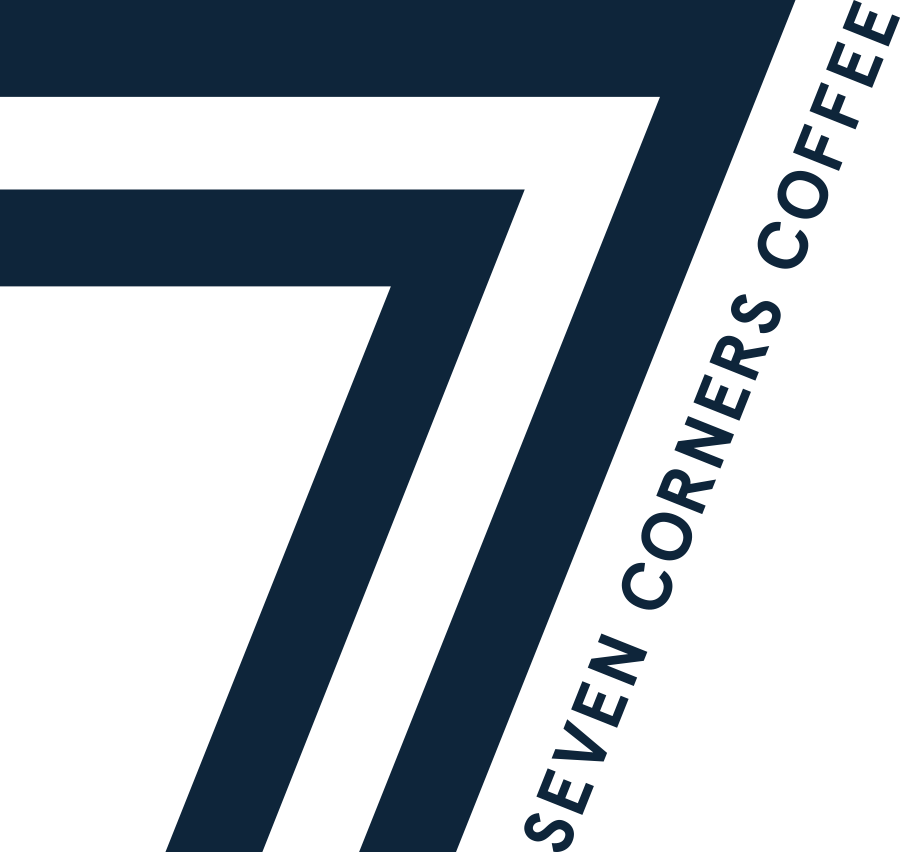What’s one myth you always believed growing up? Did you also think dogs could only see in black in white or that eating your sandwich crust would help you whistle?
It’s funny how we latch on to these little beliefs only to find out later they weren’t true.
We see this often in the coffee industry. As the popularity of coffee has grown over the years, we continue to hear silly myths about the consumption or production of coffee.
It is time to set the record straight. Let’s take a look at the truth behind 5 popular coffee myths.
Coffee Causes Insomnia
Of course, it is a fact that coffee contains caffeine, which is a stimulant to your central nervous system. Most people feel a boost of energy or alertness after consuming a cup of coffee.
Like all stimulants, caffeine in any form should be consumed in moderation, but it is safe for the average person to have up to 400mg of caffeine a day. For reference, an 8oz cup of coffee is about 100mg of caffeine.
Consuming any caffeinated beverage before trying to fall asleep is not recommended as the effects can be felt as soon as 15 minutes after consumption and last 6 plus hours. It’s no wonder someone might think coffee gave them insomnia. The truth is they are just feeling the effects of consuming coffee too close to bedtime, not experiencing true insomnia.
To avoid this, simply limit your evening coffee consumption or switch to decaf in the afternoon.
Coffee Causes Dehydration
Coffee is made up of 98% water! This actually means it can help hydrate you, which comes with many health benefits. This coffee myth likely originated from the fact that coffee and tea can both be mild diuretics, which means you may experience more frequent trips to the bathroom when consuming high quantities.
Consuming Coffee Can Help You Lose Weight
While coffee does increase your energy and can lead to increased activity, which can be associated with weight loss, drinking coffee alone is not going to make you magically shed extra pounds.
Research shows the best way to maintain a healthy weight is by monitoring the foods you eat and having an active lifestyle. So, while drinking coffee won’t help you lose weight, it can provide the necessary energy that some of us need to get our morning started.
Coffee is Addictive
This myth has some truth to it as caffeine inside of coffee does have addictive properties. However, the withdrawal symptoms are mild and fade after a day or two. When people say something is addictive, it has a negative connotation for affecting your emotional, social, and economic health.
Coffee may be “addictive” in the short term, but coffee does not pose a long-term addictive health risk.
The Darker the Roast, The More Caffeine
We see so many people come into our coffee shop by the U of M in Minneapolis seeking dark roast coffee for a bigger dose of caffeine. We hate to break it to you, but really there is little to no difference in the amount of caffeine between light, medium or dark roasts.
These roasting levels refer to the flavors of the coffee, not the caffeine intake. Learn more about roasting coffee.
Coffee Shop in Minneapolis
To learn more about the truth behind your cup of coffee or to just consume a high-quality cup of specialty coffee, stop in the 7 Corners Coffee shop near the U of M or in Eden Prairie. Our baristas are passionate about good coffee and have a wealth of knowledge to share with you about the coffee we serve. See you soon!

